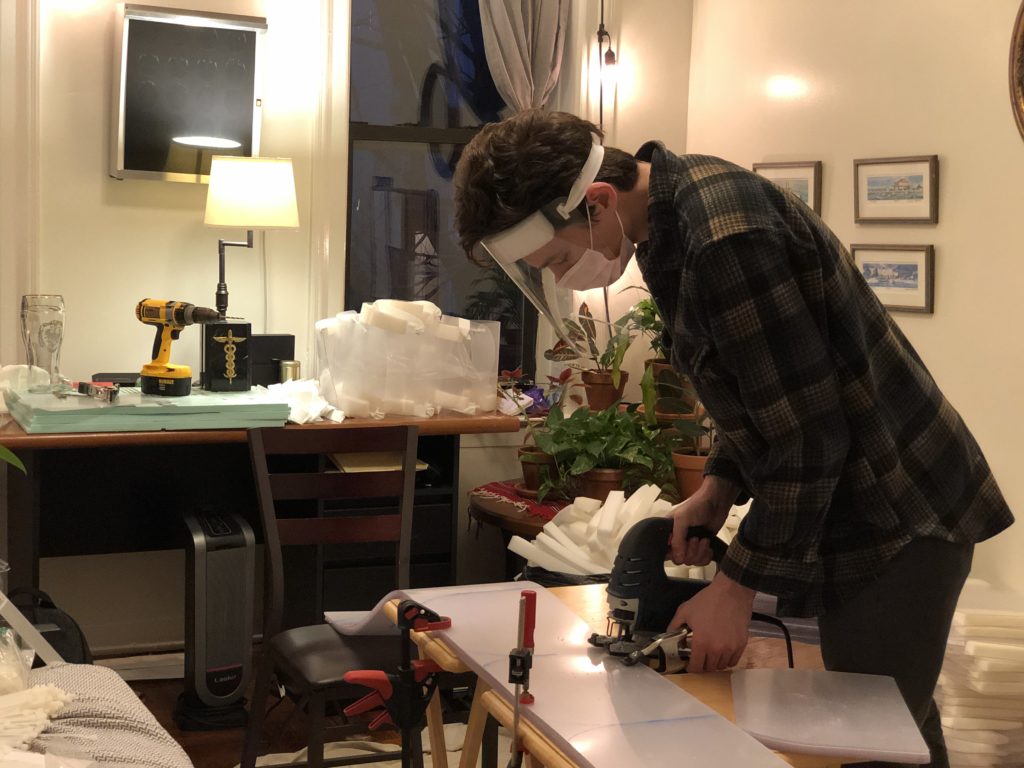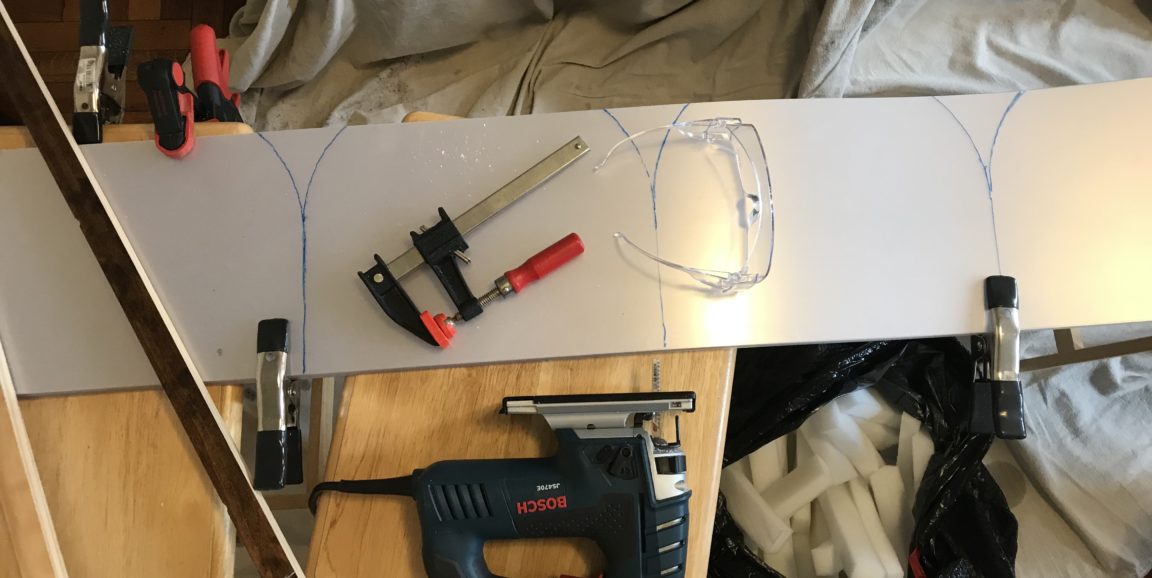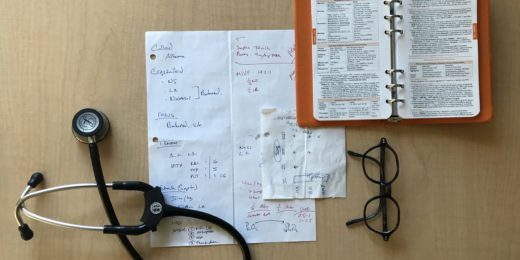I'm a third-year medical student, but my medical education, as I knew it, is currently on hold due to the coronavirus pandemic.
Stanford has pulled its students from hospitals and clinics for the time being, following recommendations from the Association for American Medical Colleges (AAMC).
Our pre-clinical students, first and second-years, have transitioned to remote learning. Fourth-years, who have mostly completed their required rotations and have already matched into their specialties, await their turn as physicians. Third-years, however, remain in limbo -- and soon our second-year peers will join us -- as the AAMC works with school administrators to figure out how to replace or revise an education that's firmly centered around direct patient care.
I was halfway through my month-long psychiatry rotation before learning that my time working on the psych ward would be cut short. Similarly, my upcoming electives in anesthesia and general surgery, my rotation in neurology, and my surgery sub-internship have also been canceled. These changes are beyond reasonable; we need to preserve protective equipment, and can't have extra people in the hospital during this time.
But still, it stings.
The sting is partly emotional: Med students, who typically chomp at the bit to help patients and support physicians, are being sidelined during an acute time of need. The sting is also partly pragmatic: How will we round out our education?
Personally, I've resigned myself to the idea that I won't get to experience the work of an anesthesiologist if I want to graduate next year. However, I'm far less comfortable with the fact that I might not have enough time in the operating room between now and then to weigh my decision to become a surgeon, or to build up a suitable application for a field I unexpectedly fell in love with just a couple of months ago. Truth be told, I wonder if I'll even become a doctor in 2021, a milestone I've been planning around -- and working toward -- for years now.
Luckily, I'm not swimming in this pool of uncertain waters alone. My classmates and thousands of other medical students are in the same position. And of course, we have the same big-picture fears and anxieties about the coronavirus as everyone else, and these often temper the academic concerns.
While there's so much uncertainty, one thing has become abundantly clear: Med students continue to find way to help.

Some might help directly. Earlier this month, Italy and the United Kingdom began fast-tracking their final-year students into the workforce with early graduation or exam exemptions. Last week, some U.S. medical schools began to do the same.
More junior students, now stationed at home, are coming together through Twitter, Google spreadsheets, GroupMe chats and Slack, to brainstorm alternative and innovative actions.
Efforts underway range from small-scale deeds, like babysitting the children of physicians serving on the frontlines, to larger endeavors, such as coordinating donations of personal protective equipment (PPE) from local businesses. As of the time of writing, Stanford medical students have collected 4,000 respirator masks and 11,000 surgical masks through a student-led PPE drive. I'm in awe of my classmates leading this effort and of those assisting physicians with child care.
Throughout the country, students are helping to get groceries to seniors and people in quarantine, and they're creating fact sheets and infographics to educate the public. They're giving blood and organizing blood drives, and they're assisting with triage hotlines and calling patients to deliver COVID-19 test results.
For me, seeing and participating in some of these kinds of creative and thoughtful efforts by my fellow medical students offers a real ray of hope on days clouded by a sense of helplessness.
While I'm currently far from my classmates, back on the East Coast near my family, I've found my own ways to help. I'm working with a couple medical students out of an apartment in New York City, making face shields. I'm learning how to saw, sand and shape plastic -- with the goal of producing and distributing 1,000 reusable face shields to help protect health workers from the virus.
I'm grateful to my future colleagues for coming together and providing ideas and actions for remote assistance. For now, while my formal education is on hold, I learn a great deal from them.
Stanford Medicine Unplugged is a forum for students to chronicle their experiences in medical school. The student-penned entries appear on Scope once a week during the academic year; the entire blog series can be found in the Stanford Medicine Unplugged category.
Orly Farber is an undifferentiated third-year medical student from the East Coast. She loves reading and writing about medicine. Her written work has been featured online in STAT News and The Intima, as well as in print in The Boston Globe. In between hospital shifts, you can find Orly running The Dish or making a mess of dishes in her kitchen.
Photos by Orly Farber






